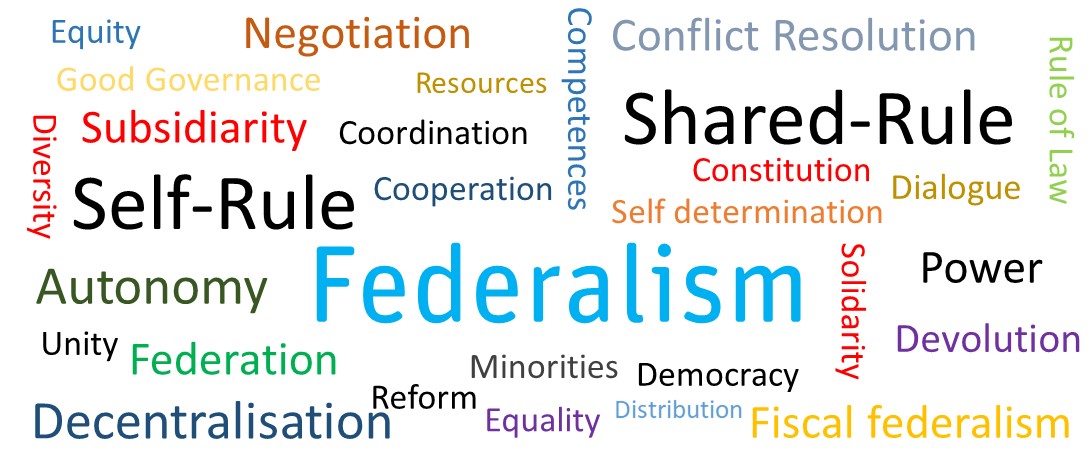Abstract
The desire for decentralisation has increased across sectarian lines within Syria, as evidenced in studies conducted by ‘The Day After Project’. Irrespective of this, power in Syria remains highly centralised in the hands of Bashar al-Assad and his Baath government. This short paper analyses the reasons behind this continued concentration of power, alluding to the security focussed legacy that Hafez al-Assad left in place for his son, and the ability of the Assad regime to utilise foreign actors to bolster his control of the economy in a post-conflict process of authoritarian reconstruction.





